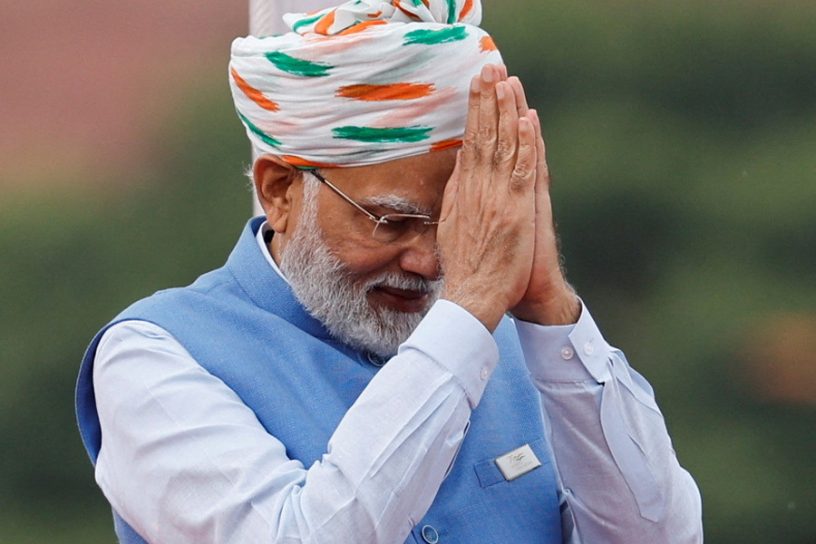
It is best to describe the BJP in its current avatar as a ‘movement’ party — one that sees itself primarily as the vanguard of a social movement seeking to upend ‘obsolete’ ways of doing things and replace them with its preferred values, whether it be ‘New India’ versus ‘Old India’ or ‘America First’ versus ‘America Last’.
Author
Subhasish Ray, Professor, Jindal School of Government and Public Policy, O. P. Jindal Global University, Sonipat, Haryana, India.
Summary
Rajpath, situated at the heart of New Delhi, was renamed by the Narendra Modi government as ‘Kartavya Path’ on 8 September. To one young Indian, the new name has a feeling of “Indianness” to it, whereas Rajpath reminded him of British rule. There is much unpacking that can be done of the notion that Rajpath is a ‘colonial’ inheritance — that argument would have been easily made had India persisted with ‘Kingsway’, the original name of that stretch of the road.
I doubt whether the sizeable plurality that makes up ‘New India’ has the time for such subtleties. Instead, it would simply suffice to say here that in a week where news poured in that the Indian economy continues to be deeply mired in a K-shaped economic recovery — daily wage-earners now constitute a fourth of the total number of suicides in the country as per recent National Crime Records Bureau data — the Narendra Modi government has used the renaming of the iconic road to remind us: “Ask not what your country can do for you.”
In many ways, this moment dramatises the sharp disjuncture between economics and politics that has been a steady feature of life under the ruling dispensation. The Bharatiya Janata Party, in its second term in power, has been very unambiguous in claiming a mandate for itself to transform Indian politics. It runs parallel to the continuous messaging that PM Modi runs a tight ship — transport minister Nitin Gadkari, who had famously said that he would rather drown in a well rather than join the Congress party, was recently ‘demoted’ within the party organisation, ostensibly for his public lament that he often felt like quitting politics since it had become complete power play.
Both claims are meant to remind people that the party is here for the long haul, not to be measured by the regular five-year electoral cycle. Indeed, it is best to describe the BJP in its current avatar as a ‘movement’ party — one that sees itself primarily as the vanguard of a social movement seeking to upend ‘obsolete’ ways of doing things and replace them with its preferred values, whether it be ‘New India’ versus ‘Old India’ or ‘America First’ versus ‘America Last’.
Published in: The Print
To read the full article, please click here.


